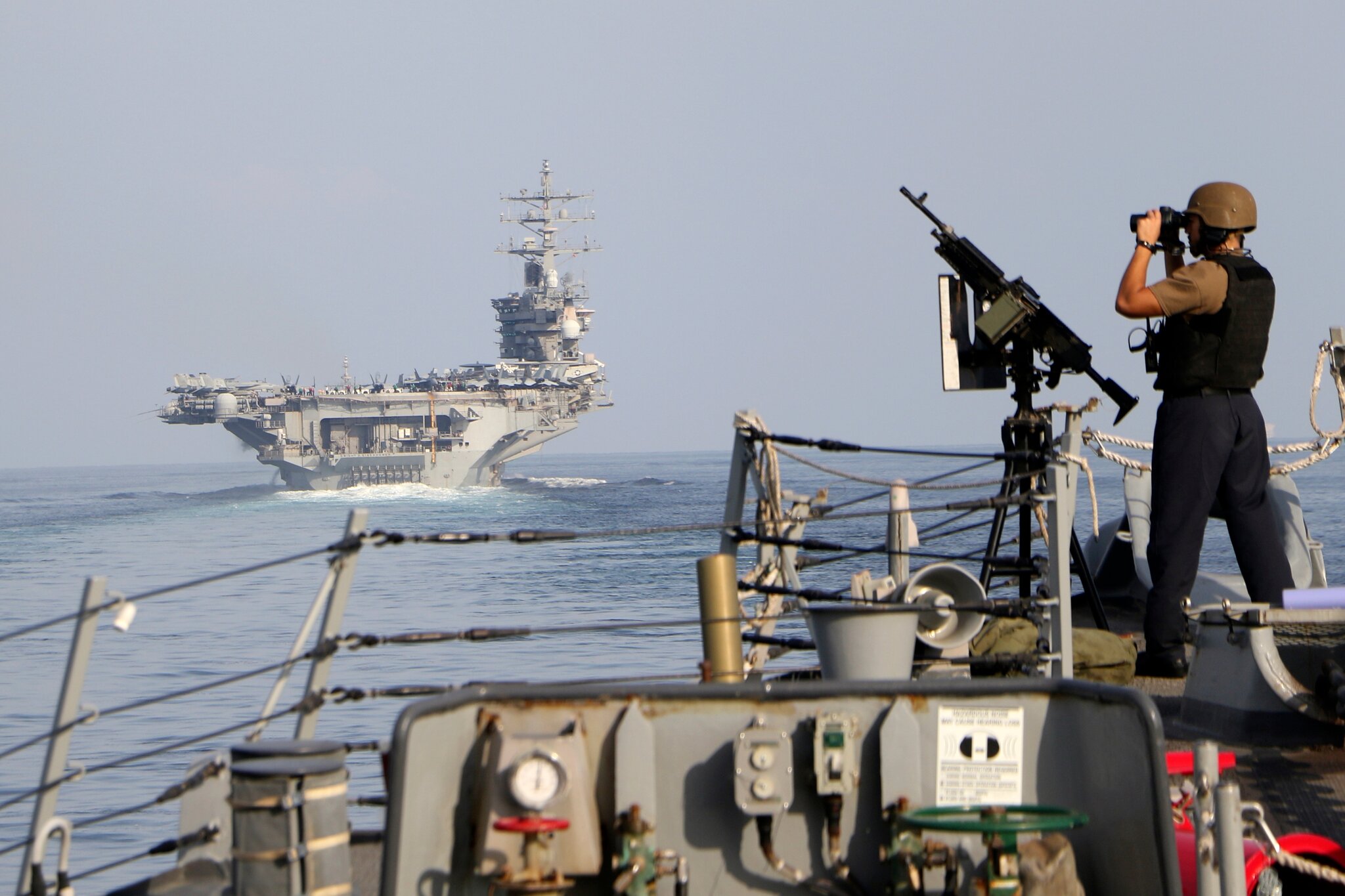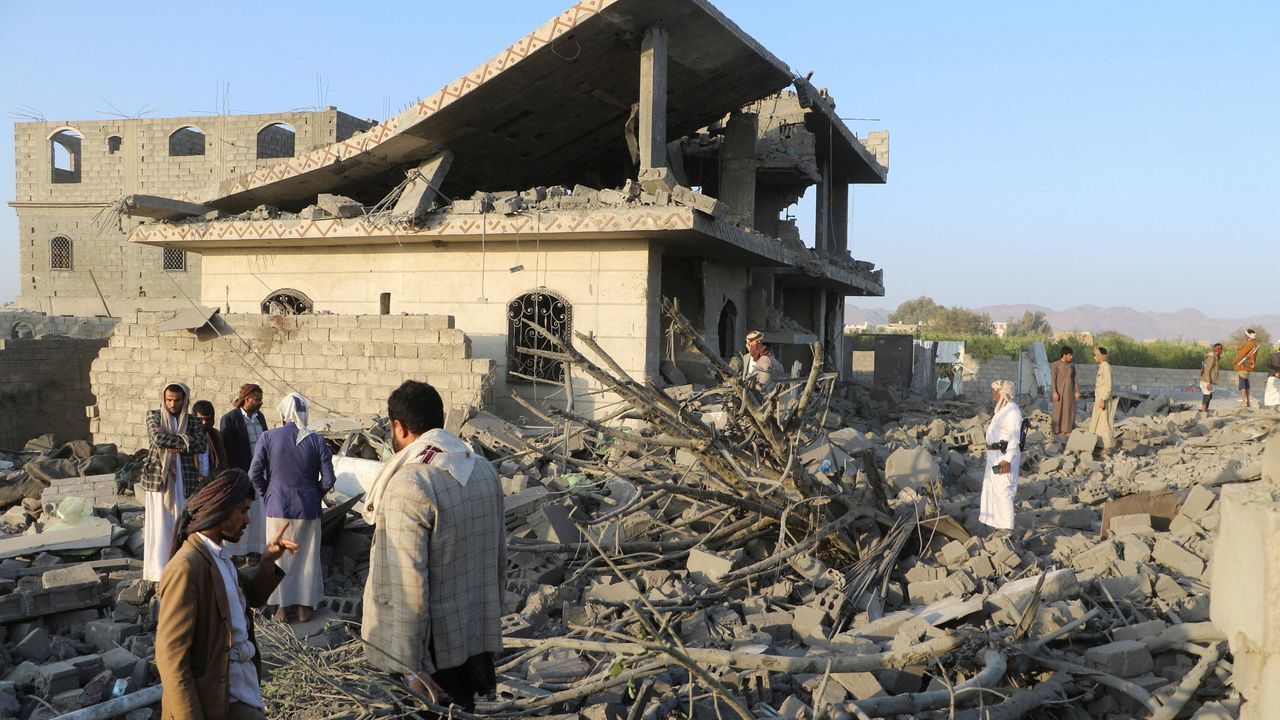President Donald Trump ordered a series of powerful airstrikes on Iran-backed Houthi rebels in Yemen on March 16, 2025, killing at least 31 militants and targeting their weapons caches in a decisive retaliation for attacks on Red Sea shipping, according to AP News. The strikes, hitting the Houthi-controlled capital of Sanaa, came days after the rebels resumed assaults on Israeli vessels in response to Israel’s Gaza blockade, escalating tensions in the region, as reported by CSIS.org. Trump’s swift action, following 18 months of Houthi disruptions, signals a no-nonsense approach to protecting American interests, contrasting sharply with Biden’s failed policies, according to YouTube.com coverage.
The operation targeted Houthi military assets, including missile launch sites and drone facilities, with U.S. forces striking 15 locations across Sanaa, according to AP News. Houthi deputy media head Nasruddin Amer vowed retaliation, claiming on social media, “Sanaa will remain Gaza’s shield and will not abandon it,” while spokesman Mohamed Abdulsalam dismissed Trump’s justification—that the Houthis threaten international shipping—as “false and misleading.” The rebels’ attacks, which began in 2023, have disrupted $1 trillion in global trade, according to CSIS.org, prompting Trump to redesignate the Houthis as a Foreign Terrorist Organization upon taking office in January 2025, reversing Biden’s 2021 delisting, as noted in CSIS.org.
Trump announced the strikes on X, stating, “We hit the Houthis hard to protect our ships and our allies—America First!” in a post that gained 2 million likes. The operation, involving 20 countries including British warships, aimed to secure Red Sea shipping lanes, according to The Guardian. However, the Houthis’ resilience, backed by Iran’s “implausible deniability,” as described by former CIA official Norman Roule in CSIS.org, raises the risk of a broader U.S.-Iran conflict, with Tehran’s influence over the rebels remaining a key concern, according to military analyses.

The strikes have drawn mixed reactions. Israel, a key U.S. ally, supported the operation, with Prime Minister Benjamin Netanyahu praising Trump’s “strong leadership,” according to Israeli statements. However, humanitarian groups expressed alarm, noting the strikes’ proximity to civilian areas, with 10,000 displaced in Sanaa, according to U.N. estimates. The conflict’s escalation, following Biden’s ineffective 2023-2024 strikes, underscores Trump’s determination to restore order, with U.S. naval presence in the region increased by 15%, according to Pentagon updates.
This retaliation marks a pivotal moment in Trump’s foreign policy, prioritizing American security and global trade over diplomatic appeasement, according to White House briefings. As the Houthis regroup and Iran looms, the strikes’ long-term impact remains uncertain, but Trump’s message is clear: threats to U.S. interests will be met with force, setting the stage for a tense standoff in the Middle East.
